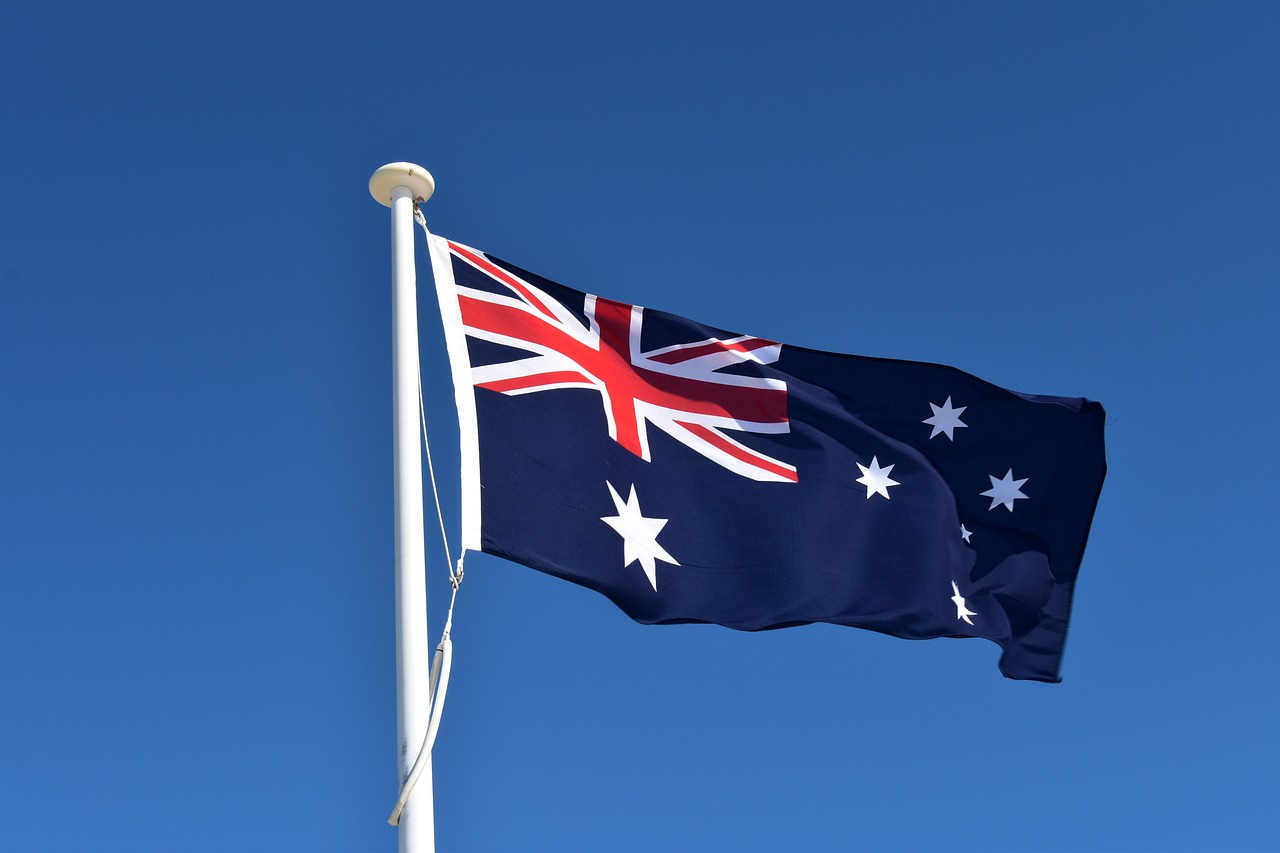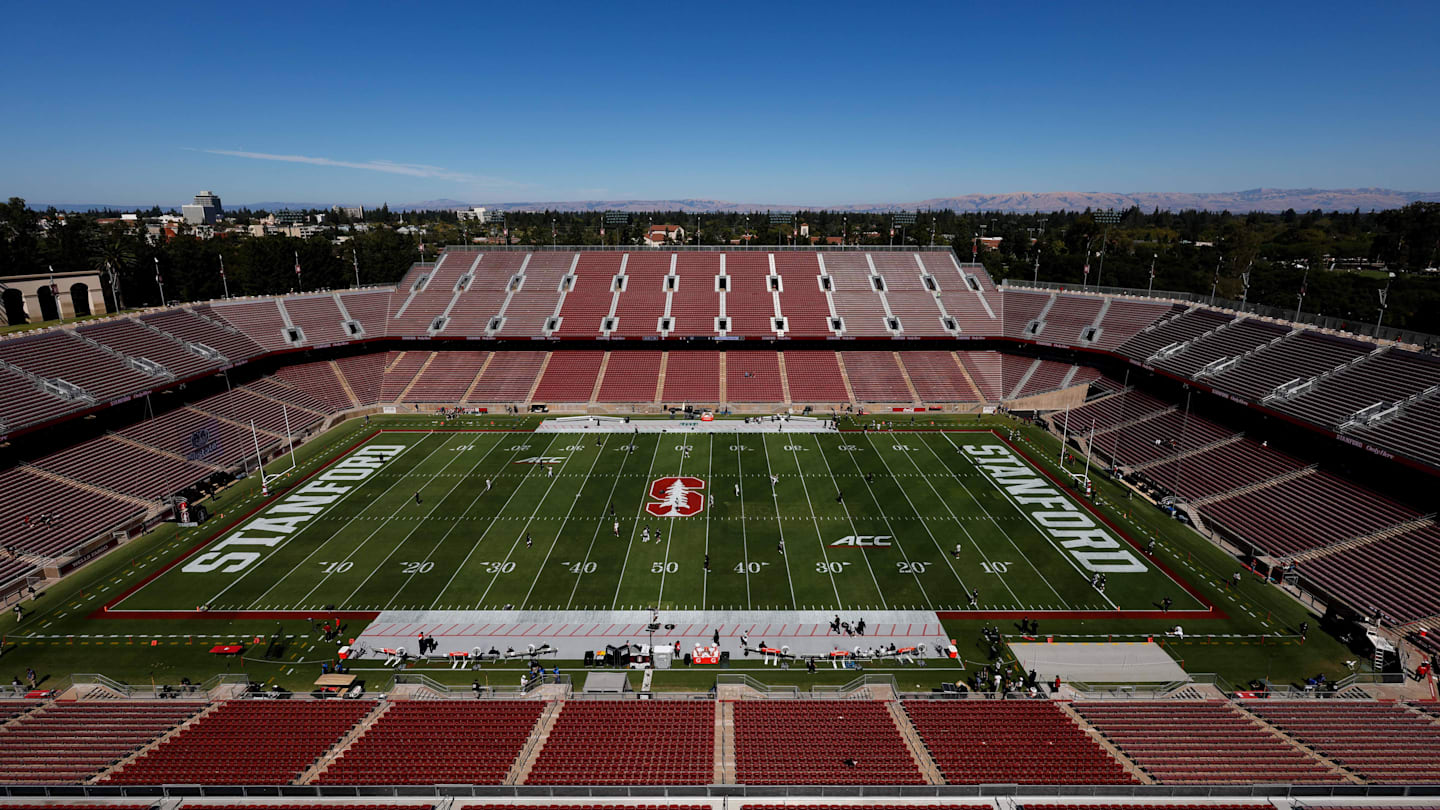Gambling
Former prime ministers urge blanket ban on gambling advertising in Australia

A group of prominent Australians, including several former prime ministers and premiers, MPs and union leaders, have signed an open letter demanding the country’s government ban all gambling advertising within three years.
Published over the weekend, the letter addresses both the current government in Australia and the opposition. Signees are urging the adoption of so-called ‘Murphy’s law’. This is named after the late MP Peta Murphy, who chaired the Federal Inquiry into Online Gambling.
The June 2023 report proposed total prohibition of all gambling ads within three years, covering both broadcast media and online. However, reports last week suggesting the Australian government is considering a watered-down version of the originally proposed gambling ad ban.
This may include a cap of two gambling ads per hour until 10pm on TV, and a ban on ads an hour before and after live sports broadcasts. Online advertising is expected to be banned, however.
In response, more than 60 influential figures in Australia are calling for an approach in line with Murphy’s Law. Former prime ministers John Howard and Malcolm Turnbull are among those putting their names to the letter. Ex-New South Wales premier Dominic Perrottet, and former Victorian premiers Jeff Kennett and Steve Bracks also back the calls.
Other signees include sport, business, health, union and faith figures, academics, writers, social justice advocates and social service groups. It also has the backing of Alliance for Gambling Reform, which published the letter on its website.
‘Australia has a gambling addiction’
The letter makes a number of lurid claims about gambling in Australia. For example, it claims “Australia has a gambling addiction”, with players losing AU$25bn (£13bn/€15bn/US$16bn) a year.
This $25bn figure appears based on the Australian Gambling Statistics report, and expenditure hit $25.9bn in 2018-19. However no source is given. Expenditure – not losses – currently stands at $24bn according to the 2020-21 figures, the most recent available. Research from the Australian National University’s (ANU) Centre for Gambling Research suggests participation has plateaued.
The letter also says gambling is causing an increase in “devastating” social harm. This includes financial loss, health and mental health issues, partner violence, family break-up and suicide.
Other concerns include how gambling companies are “grooming” children as young as 14 via social media. While the language used is particularly emotive, research published in February this year suggests it is unlicensed online casinos using social media to advertise in the market, rather than licensed operators.
It also states gambling advertising now “assaults” screens, especially around coverage of our major sporting codes.
“Gambling advertising in Australia is out of control,” the letter said. One million gambling ads being aired on free-to-air television and radio in just one year.”
This one million figure comes from Nielsen research commissioned by the Australia Communications and Media Authority (ACMA). Of this figure, around 50% (502,800 ad spots) promoted online gambling providers.
“We the urge the government and opposition to publicly commit to the swift adoption and implementation of all 31 recommendations of the Murphy Report parliamentary inquiry into online gambling.
“This includes a three-year, phased-in ban on all gambling advertising and the banning of inducements and promotions especially around sports betting which are unethically used to ensnare people who want to stop gambling.”
Former prime minister ‘troubled’ by gambling advertisement
Commenting on his decision to sign the letter, former prime minister Howard said gambling adverts are responsible for “enormous” harm in Australia.
“Many Australians are alarmed about the proliferation of gambling advertising on our screens and the mounting losses through gambling,” he said. “I believe gambling losses are responsible for enormous harm across the community.”
“As an unapologetic sports fan, I am troubled by how advertising is now linked with all our major sporting codes and what message this is sending to our children.”









